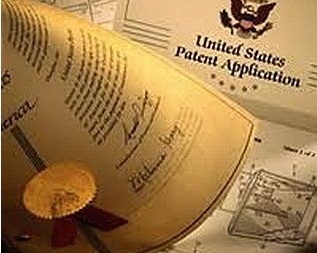ITC Throws Out HTC’s Google Patents

HTC found not to have all of the substantial rights to Google’s patents
The US International Trade Commission (ITC) has granted Apple a motion to throw out three of five patents that HTC acquired from Google last year, on the grounds that the Taiwanese company did not have all the substantial rights to all the relevant patents.
Apple had argued HTC did not have the right to sue, a viewpoint shared by Administrative Law Judge Thomas Pender, whose decision was published today.
The motion could have far reaching implications for companies which assign patents to others, solely for the purpose of suing third parties.
Rent-a-patent
 Analyst Florian Mueller said that although the decision is appealable, it is unlikely to succeed unless Google joined the investigation as an additional complainant, although this would further escalate the row between Google and Apple since the former acquired Motorola Mobility.
Analyst Florian Mueller said that although the decision is appealable, it is unlikely to succeed unless Google joined the investigation as an additional complainant, although this would further escalate the row between Google and Apple since the former acquired Motorola Mobility.
“The decision is an embarrassment for Google, which waited almost a year and a half after Apple’s first patent lawsuits against HTC before it provided this kind of support to HTC, and then apparently failed to do this the right way,” said Mueller. “Too little, too late. If Google had assigned all substantial rights to HTC by truly transferring those patents to the Taiwanese company, Apple’s motion wouldn’t have succeeded.”
“All those Rent-a-Patent firms have to reconsider their business model. If they transfer all substantial rights, their partners/customers have standing. But in that case they may never get their patents back,” he added. “And that actually makes sense: the idea of a patent is that one patent holder has an exclusionary right. Intellectual property is all about exclusivity. Multitenancy may work for some cloud computing purposes, but it’s not an option for patents.”
In February, the ITC dismissed a claim from HTC that Apple had infringed its patents during the development of iOS, while only last week a US Federal Judge cancelled the 11 June trial between Apple and Motorola Mobility on the grounds that neither party could prove it had suffered damages.
What do you know about patents? Find out with our quiz!